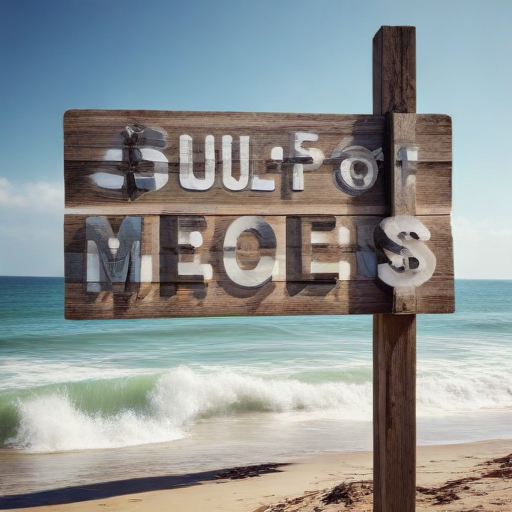At a recent news conference, President-elect Donald Trump expressed a desire to rename the Gulf of Mexico to the “Gulf of America.” He made this remark while discussing economic issues and immigration, suggesting that the name change would better reflect the United States’ connection to the region. Trump described the new name as having a “beautiful ring” and emphasized its appropriateness, asserting that “we do most of the work there and it’s ours.”
This proposal, though notable, was presented briefly and Trump did not delve into the origins of his idea. The notion of renaming the gulf is not entirely new, as it has been suggested in the past, including a 2012 instance when a Democratic congressman from Mississippi proposed the same name in a satirical context related to anti-immigration sentiment.
Historically, the Gulf of Mexico’s name dates back to the Spanish conquests in the 1500s, where it was referred to as the Golfo de Nueva Espana or Golfo de Mexico. For over 150 years, it was primarily under Spanish control until French explorers arrived. The development of the U.S. coastline occurred over the next century and a half, culminating in significant territorial acquisitions such as the Louisiana Purchase in 1803 and the acquisition of Florida in 1819.
In terms of economic significance, the U.S. exclusive economic zone comprises approximately 44 percent of the Gulf’s surface area. Both the U.S. and Mexico are vital players in offshore oil production in this region, contributing significantly to the industry due to resources found off the coasts of Texas and Louisiana, along with substantial reserves in Mexico’s Bay of Campeche.
This proposal, while potentially controversial, highlights the ongoing dialogue about national identity and territory in the context of America’s historical relationship with the Gulf region. As discussions continue post-election, this topic offers an opportunity for exploration into how geographic names can resonate with national pride and sovereignty.
In summary, Trump’s suggested renaming of the Gulf of Mexico to the Gulf of America signifies a broader discussion on national identity and territorial ownership, provoking thought on how naming conventions influence public perception.
